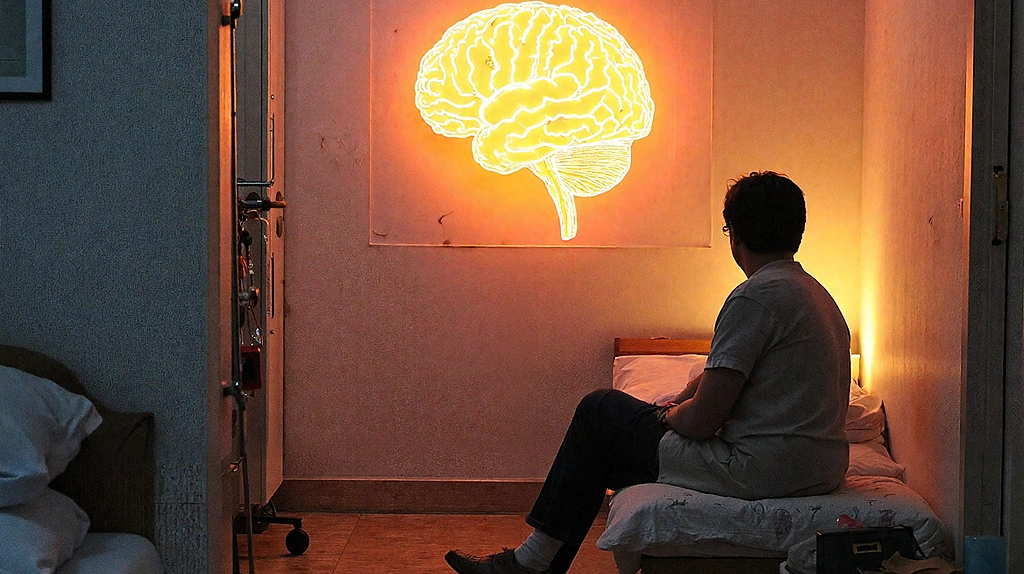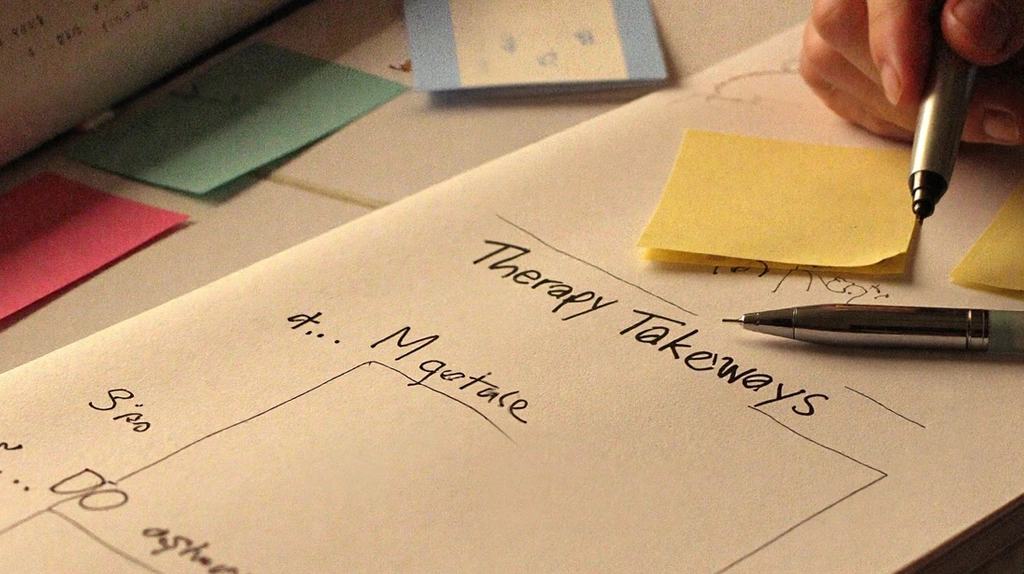You begin each day with a certain amount of physical, emotional, and mental energy, and only you can control how and where these precious energy sources are directed. As Don Miguel Ruiz pointed out in his extremely wise book, The Four Agreements, “You can choose at any point in time to no longer water the seeds of negativity. Only then will you be free to move your thoughts in different directions.” This belief can relate to the process of rewiring your brain. At any moment in time, you can commit and recommit toward the rewiring process of your brain’s reactions to depressive or anxiety-provoking thoughts.
Some common “energy drainers” are: fear of abandonment, fear of failure, not prioritizing your needs in a relationship, difficulty with managing conflicts, difficulty with establishing boundaries, avoidance of your authentic self, a low sense of self-worth, tolerating abusive behaviors from others, and living in the “crisis” mode. When you learn how to accept, and to not fight or avoid, your troubling thought and emotional patterns, you are beginning the process of inputting and storing new information in the executive functioning, memory, and emotional regulation pathways within your brain’s prefrontal cortex and limbic system.

A recently-approved and very effective treatment for rewiring your brain is Ketamine Therapy, which works by stimulating the glutamate receptors (linked to anxiety, depression, and trauma memories) in your brain, thus promoting the formation of healthier neural connections. Ketamine Therapy works by disrupting rigid thought patterns which have been wired in your brain from repetitive depressive and anxiety patterns. If you have struggled for years with chronic Major Depressive Disorder, Post-Traumatic Stress Disorder, Generalized Anxiety Disorder, or Social Anxiety Disorder, your brain may be wired into a “threat detection” mode, and this hyperactivation of certain neuronal pathways has created excessive fear/alertness reactions to even low-stress events in your daily life. Ketamine Therapy is becoming increasingly utilized for biochemically rewiring the brain’s pathways to form new perceptions, particularly through your glutamate-producing pathways in the brain. Ketamine Therapy is increasingly being used to help with treating Substance Use Disorder, Bipolar Disorder, and various Personality Disorders. However, it is highly recommended that medication therapy is accompanied by consistent “talk” therapy sessions to learn new coping skills and to process what reactions in the brain can greatly impact your overall well-being.

Mindfulness-Based Cognitive Therapy (MBCT) has been very effective in teaching clients how to use self-talk and self-reflection, even in the midst of chaotic situations, and how to refocus on one’s core values and goals. Mindfulness-Based Cognitive Therapy (MBCT) focuses on helping you to develop a different relationship with your thoughts and emotions. MBCT differs from traditional Cognitive Behavioral Therapy (CBT) techniques, which are aimed at changing negative thought patterns, in that MBCT focuses on changing your “reactions” to negative thought patterns. MBCT is a restructuring of your reactions to different memories, insecurities, and fears. According to this perspective, acceptance of dysfunctional thoughts and negative emotions is the first step toward unifying your unresolved experiences and unhealthy mental schemas into a much more satisfying and empowering state of behaving and perceiving your past, present, and future experiences. The goal is to focus on your strengths, not your weaknesses and not your flaws.

Mindfulness techniques require practice and commitment to greater self-awareness, but the results can be life-changing. For example, mindfulness can occur through journaling or taking mental and physical breaks to focus and refocus as needed throughout each day. You can also rewire your brain by practicing deep breathing, other self-soothing forms of self-compassion, or by just taking a brief walk to clear out the clutter of thoughts and emotions which are disturbing your balance. MBCT can also rewire your brain through a technique, called behavioral activation, because actions trigger important chemicals in the brain and can be strong catalysts to work in conjunction with medication and with mindfulness strategies. If you are experiencing increased anxiety or depression, you are likely to avoid certain thoughts and emotions, to become stuck in the freeze mode, or to engage in self-destructive behaviors as an escape from your present state of crisis. Behavioral activation requires practice and involves frequent self-monitoring of your present actions. Prior to using behavioral activation, you must either work with a therapist or do your own research and self-reflection in order to create a realistic action plan for rewiring your brain pathways, which have been weakened by trauma, negativity, and or fears. When you identify manageable actions, which align with your strengths and values, you will then have the foundation for carrying out your action plan. It is recommended to schedule an action plan based on the events which you will encounter each day.

Furthermore, if you do choose to participate in both medication therapy and “talk” therapy, it is important to do “in-between session assignments,” so that you have a sense of continuity in what you have discussed in therapy and what you do in your day-to-day life. Choosing action over avoidance triggers, your brain will learn new skills and will retain new perceptions which can greatly counteract old patterns. As with any learned activity, the brain rewiring process requires practice and commitment to ongoing growth. Brain rewiring progresses more effectively when “talk” therapy is used with Ketamine Therapy or other types of medication therapy, such as with Wellbutrin, Lexapro, and Effexor. Rewiring your brain can greatly relieve your symptoms, but the techniques, with or without medication therapy, must be continued until they become more natural and less of a conscious effort. Depending upon your severity and length of symptoms, the rewiring process could be brief or lengthy. Action plus faith in your ability to keep on learning are the key elements in your brain rewiring process.




